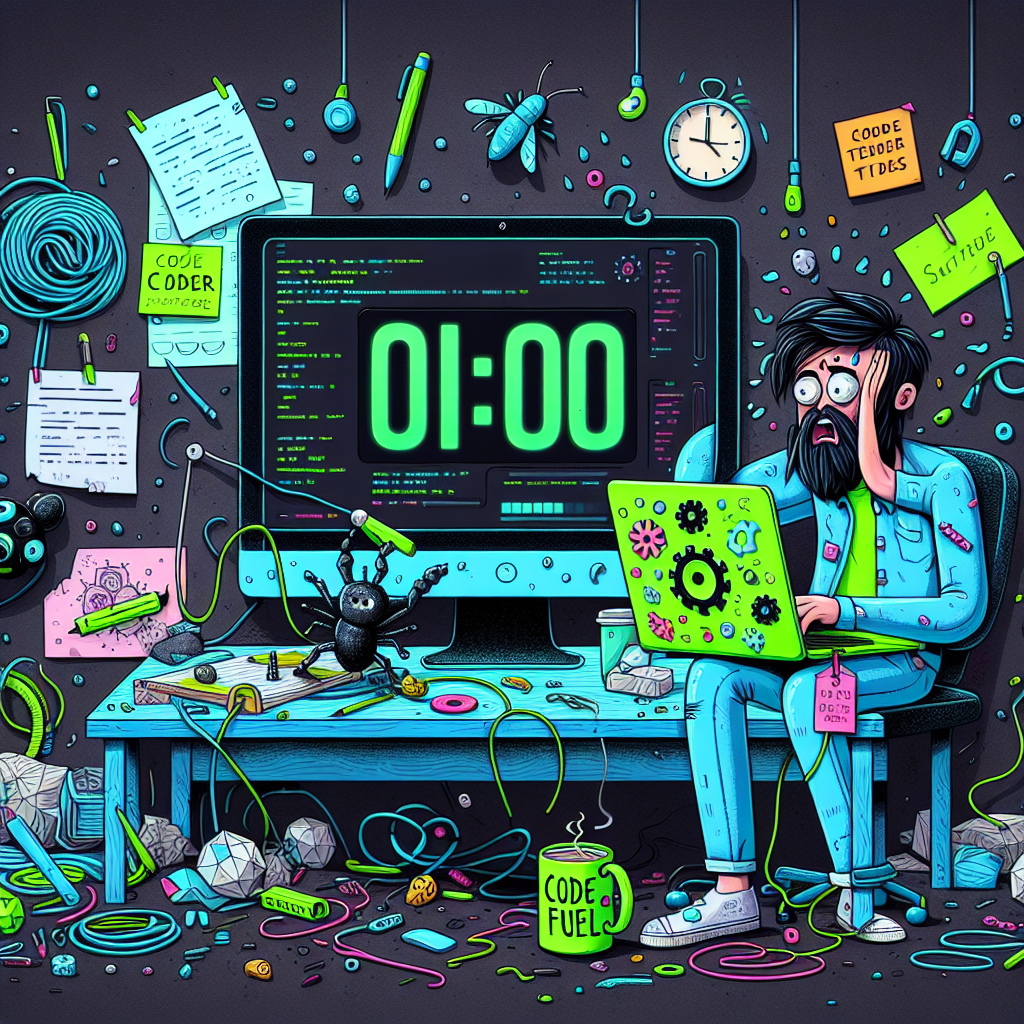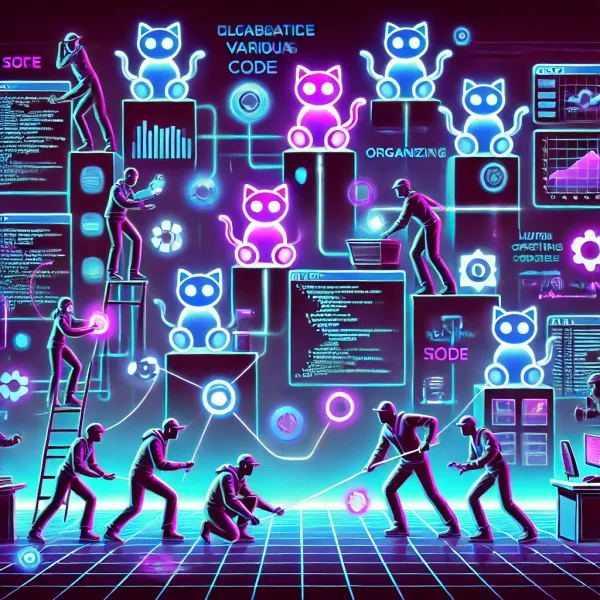Problem-Solving Under Pressure: Meeting Deadlines
The impact of pressure and deadlines in software engineering, and techniques to solve problems in spite of those challenges.

Deadlines: the milestones that mark our professional lives. Love them or hate them, they are here to stay, and learning how to meet them can make the difference between career success and constant stress. Let's explore the science, psychology, and strategies that can help you tackle deadlines effectively.
🔑 Key Takeaways 🔑
- The Zeigarnik Effect keeps uncompleted tasks top of mind, boosting motivation but also stress.
- The Deadline Effect can increase efficiency but risks burnout and quality loss.
- Techniques like the Pomodoro Technique can boost productivity by 10%.
- Positive self-talk and regular breaks are crucial for maintaining focus.
- Strategies include task prioritization, "Stop Doing" lists, and seeking support.
The Science of Deadlines
Deadlines impact our brains through psychological effects like the Zeigarnik Effect. This principle, discovered by Bluma Zeigarnik, explains why unfinished tasks tend to linger in our minds, creating a sense of urgency. On the positive side, this can boost motivation, keeping us focused on completing the task. However, it also adds stress, which can negatively affect our well-being if not managed properly.
Another phenomenon is the Deadline Effect, which refers to how we often become more productive as a deadline approaches. The pressure of an impending deadline can push us to work more efficiently, but this increased pace can also lead to burnout and lower quality if sustained for too long.
To manage this, techniques like the Pomodoro Technique can be helpful. By working in 25-minute focused sessions with short breaks, this method maintains productivity without overwhelming the mind, helping to boost productivity by up to 10%.
The Psychology of Meeting Deadlines
The fear of failure can drive us to meet deadlines, but it also increases stress. Positive self-talk can help shift this mindset, reducing anxiety and keeping you focused.
Breaks are essential. They help recharge and maintain productivity, ensuring you stay on track to meet deadlines without burning out.

Strategies for Meeting Deadlines
Prioritize Tasks
Treat your to-do list like a buffet—focus on the most important tasks first. Breaking big projects into smaller tasks makes them more manageable and helps you prioritize.
Use a "Stop Doing" List
Identify and stop non-essential tasks. Delegating or removing these tasks frees up time for what truly matters.
Create a "Pre-Game" Routine
Develop a routine before tackling deadlines. Whether it's meditation, a coffee ritual, or a walk, consistent habits can prepare your mind for focused work.
Seek Support
Collaborating with colleagues or consulting a mentor can provide fresh perspectives and lighten the workload, making deadlines easier to meet.
Interesting Statistics
Deadlines are stressful for many. A Gallup survey found that 40% of employees feel stressed by them. CareerBuilder reports that 25% of employees experience anxiety or depression due to deadlines. On the positive side, the American Psychological Association notes a 10% productivity boost among those who adopt time management techniques like the Pomodoro Technique.
Conclusion
Deadlines don't have to be your enemy. By understanding the science and psychology behind them and adopting effective strategies, you can transform pressure into productivity. Use these insights to conquer your deadlines and stay in control.




